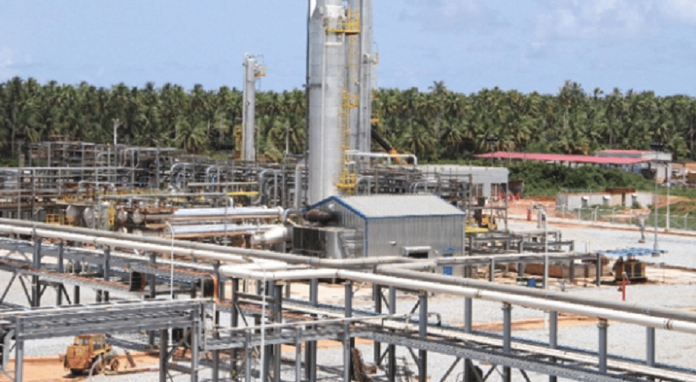The Chamber of Petroleum Consumers (COPEC), a petroleum consumer advocacy group in the Republic of Ghana, is demanding an independent testing of the quality of Liquefied Petroleum Gas (LPG) supplied by the country’s national gas company, Ghana Gas, to local market for domestic use.
This follows a statement by Ghana Gas disputing COPEC’s claim that LPG from Atuabo in the western part of the West African nation is contaminated because of the presence of high amount of propane.
Executive Secretary of COPEC, Duncan Amoah, in an interview with some media houses in Ghana, claimed that the LPG processed from the West African nation’s gas company was contaminated and cautioned that the situation could cause explosion if not checked.
However, Ghana Gas, in a statement signed by the Head of Corporate Communications, Ernest Kofi Owusu-Bempah Bonsu rejected COPEC’s assertion, insisting that the company’s gas is of quality and meets international standard benchmark.
But, a statement issued by COPEC in response to Ghana Gas’ statement, maintained that the company’s gas is contaminated contrary to what it wants the public to believe.
“Our initial checks with the LPG Marketing companies indicate that the gas load from Atuabo largely has a propane: butane ratio of 70:30, which means gas from Atuabo is usually 70 percent propane and 30 percent butane.
“By industry standard, domestic LPG should be rather 30 percent propane and 70 percent butane with changes in percentages dependent on its intended usage and the prevailing environmental temperature conditions.
“Further, beyond the calling on Atuabo Gas Company to declare the ratio of propane to butane in the LPG produced, we also demand an independent public testing to be conducted on random samples picked from some retail outlets at some accredited laboratories in order to put to rest the quality issues and the observed high pressures from gas supplied by Atuabo,” the statement said.
It added that the company’s gas price is more expensive compared to the imported product in Tema.
“As a matter of emphasis, COPEC maintains that the LPG from Atuabo should cost far less than the imported ones taking into consideration all ancillary costs associated with imported gas and to further serve as a critical benchmark in bringing down prices of LPG on the local market.
“To end, we at COPEC hereby maintain that, Atuabo Gas Company should be concerned about producing higher internationally accepted standard LPG, which should cost far less to the Ghanaian market with the view to increasing the current LPG penetration figures such that more and more Ghanaians will find it affordable in place of charcoal and firewood,” COPEC said.
Source:www.energynewsafrica.com














